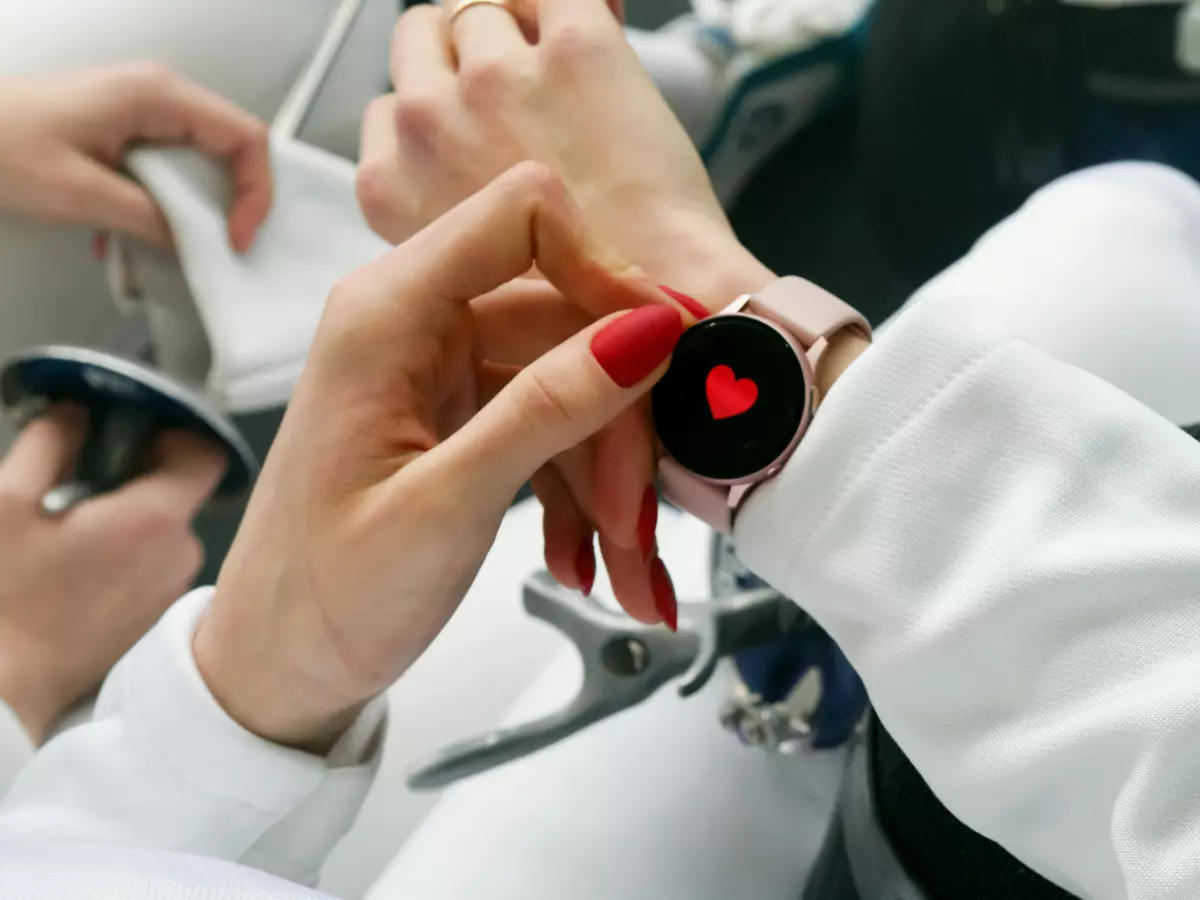Orion's Bold Vision
Meta has poured over $10 billion into Reality Labs, and now, we might finally be seeing why. The company just unveiled a prototype of its Orion smart glasses, and they’re not just another wearable—they’re being positioned as a potential iPhone killer.

By Kevin Lee
Let’s rewind for a second. Remember when smartphones were just, well, phones? Fast forward to today, and they’re basically our lifelines. We use them for everything—texting, shopping, navigating, and even dating. So, when Meta says its Orion smart glasses could one day replace the iPhone, it’s not just a bold claim—it’s a tech revolution in the making.
But before we all start tossing our iPhones into the nearest recycling bin, let’s break down what makes Orion so special and whether it can truly live up to the hype.
What Exactly Are Orion Smart Glasses?
Orion is Meta’s ambitious attempt to create a pair of augmented reality (AR) glasses that could, in theory, replace your smartphone. Imagine walking down the street, and instead of pulling out your phone to check a map, your glasses project directions right in front of your eyes. Or, instead of texting, you simply speak, and the message is sent without lifting a finger.
Sounds futuristic, right? Well, that’s the idea. Meta’s Reality Labs has been working on this for years, and now we’re finally getting a glimpse of what the future might look like. According to TechCrunch, the Orion prototype is still in its early stages, but the vision is clear: a world where we no longer rely on smartphones.
Can Orion Really Replace the iPhone?
Let’s be real for a second. The iPhone is more than just a piece of tech—it’s a cultural icon. It’s the device that changed how we communicate, consume media, and interact with the world. So, can a pair of smart glasses really dethrone it?
Meta seems to think so, but there are some serious hurdles to overcome. First, there’s the tech itself. AR glasses have been around for a while, but none have really taken off. Google Glass? Flopped. Microsoft HoloLens? Cool, but not exactly mainstream. Meta’s challenge will be to create a device that’s not only functional but also fashionable. After all, no one wants to walk around looking like a cyborg.
Then there’s the question of whether people are ready to ditch their phones. We’ve become so attached to our smartphones that the idea of replacing them with glasses might seem a bit… weird. Plus, there’s the whole privacy issue. Do we really want a device that’s constantly recording everything we see?
The Future of Wearables
Despite these challenges, Meta’s Orion glasses could be the start of something big. Wearables are already becoming more integrated into our lives—just look at the Apple Watch or Fitbit. As the technology improves, it’s not hard to imagine a future where our devices are less about screens and more about seamless integration with the world around us.
And let’s not forget about the competition. Apple is reportedly working on its own AR glasses, and you can bet that other tech giants like Google and Microsoft are keeping a close eye on Meta’s progress. The race to create the next big thing in tech is heating up, and Orion could be Meta’s ticket to the front of the pack.
Final Thoughts
So, will Meta’s Orion smart glasses replace the iPhone? It’s too early to say for sure, but one thing’s clear: the future of tech is going to look a lot different than it does today. Whether we’re all walking around with smart glasses in a few years or still glued to our smartphones, one thing’s for certain—Meta is betting big on wearables, and they’re not the only ones.
As AR technology continues to evolve, we could be on the verge of a new era in personal tech. And who knows? Maybe one day, we’ll look back at our smartphones the same way we now look at flip phones—cool, but so last decade.




